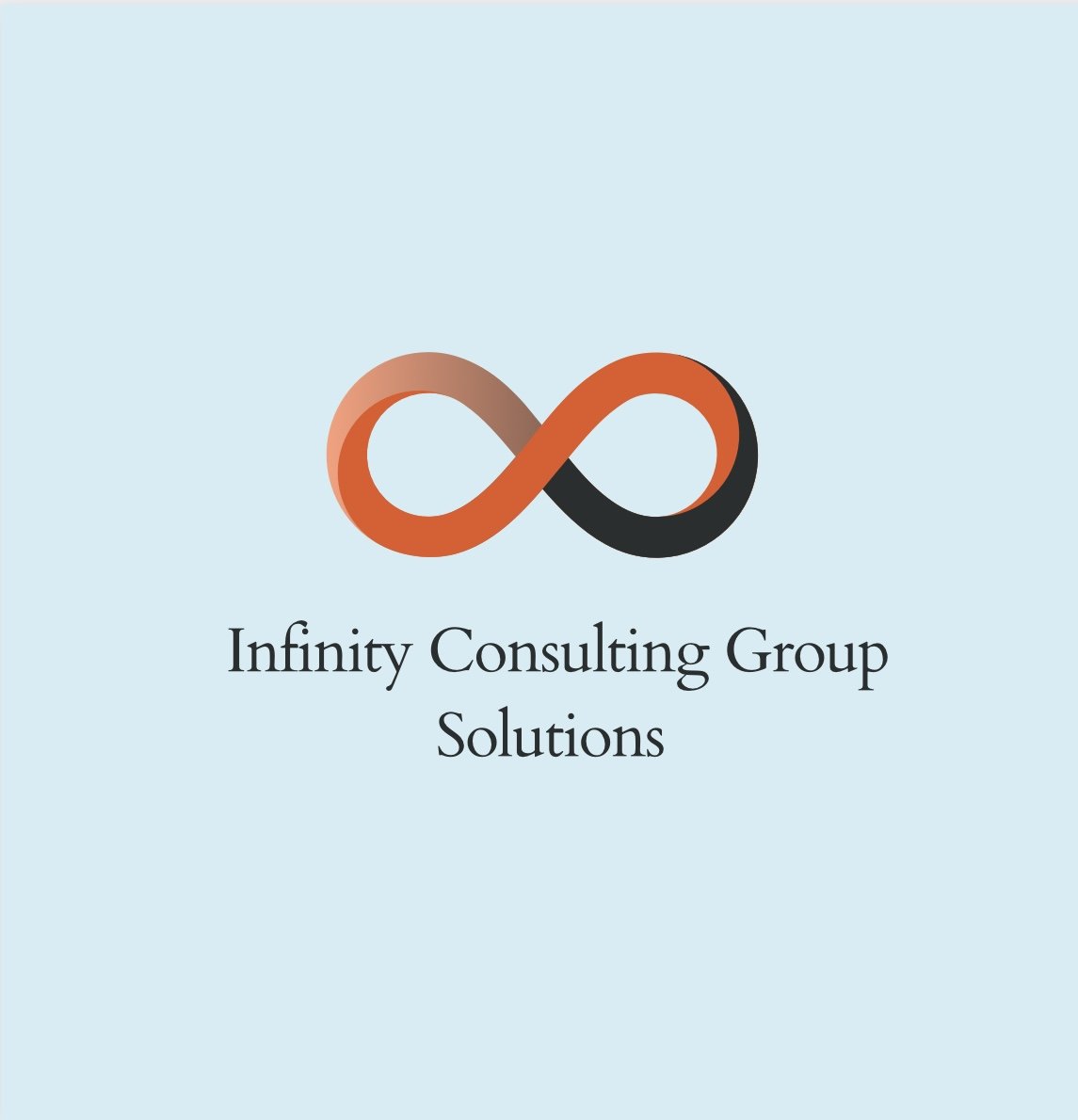How Are You Thinking About Value Creation in Your Portfolio?
Most private equity firms understand the fundamentals of value creation—cost-cutting, operational efficiencies, and quick-win improvements. But in today’s market, that approach isn’t enough. The firms achieving superior returns are those that take a structured, data-driven, and forward-looking approach to value creation.
If you’re relying solely on traditional levers, you’re leaving money and other value on the table.
1. Portfolio Strategy Must Be Built Around Operational Scalability
Scaling a portfolio company requires more than just identifying revenue synergies and cutting excess costs. The highest-performing firms focus on structural scalability—ensuring that finance, operations, and supply chain models can support accelerated growth.
Finance: Recently acquired PE-backed companies often lack the financial rigor of their publicly traded counterparts. Standardizing reporting, forecasting, and cash flow management ensures predictable growth.
Operations: Legacy processes slow down growth post-acquisition. Firms that implement a process excellence framework early increase EBITDA margins and avoid future restructuring costs.
Supply Chain: Strategic sourcing isn’t just about cost savings—it’s a risk mitigation tool. Firms that embed procurement strategy into the investment thesis improve resilience and control over margins.
2. Move Beyond EBITDA Engineering—Build Enterprise Value
The fastest way to erode value is to rely on short-term EBITDA improvements without considering total enterprise value creation.
Data-Driven Decision Making: Advanced analytics, AI, and financial modeling are no longer optional. Firms leveraging real-time data across portfolio operations gain a competitive edge in performance management.
Digitization: PE-backed firms must have a defined digital strategy. Automation, ERP integration, and AI-driven insights streamline operations, reduce overhead, and improve valuation at exit.
M&A Integration Playbooks: Poor integration destroys value. Firms with pre-built integration frameworks reduce ramp-up time, align culture, and optimize synergies faster than competitors.
3. The Right Leadership is a Value Creation Lever
Portfolio companies live and die by leadership effectiveness. The wrong executives can stall transformation efforts, delay growth initiatives, and create operational inefficiencies.
Interim and Fractional Executives: Not every portfolio company has the right leadership in place at acquisition. Bringing in experienced interim CFOs, COOs, or transformation officers accelerates execution while reducing long-term costs.
Performance-Based Executive Compensation: Structuring compensation models to align with value creation milestones ensures leadership is incentivized beyond short-term EBITDA goals.
4. Transformation is the Most Underutilized Growth Tool
Transformation isn’t just a fix—it’s a multiplier. The firms that outperform the market view transformation as a core investment strategy, not an expense.
Strategic Sourcing as a Margin Enhancer: Supply chain disruptions have proven that procurement isn’t a cost center—it’s a competitive advantage. Firms that restructure supplier relationships and sourcing strategies see margin improvements that exceed traditional cost-cutting measures.
Workforce Transformation for Scale: Portfolio companies often operate with outdated organizational structures. Implementing workforce optimization and performance tracking systems early prevents culture and efficiency bottlenecks down the line.
Technology as a Forced Multiplier: Many portfolio companies operate on fragmented, legacy systems. Firms that invest in scalable tech infrastructure early gain efficiency improvements that directly impact valuation at exit.
Final Thoughts
Value creation is no longer about quick wins—it’s about building sustainable, scalable, and high-performing portfolio companies. The firms that execute this well move beyond cost-cutting and focus on structural improvements that drive long-term enterprise value.
Infinity Consulting Group Solutions partners with private equity firms and their portfolio companies to execute value creation strategies that deliver results. If your firm is looking to drive measurable impact, let’s connect.

